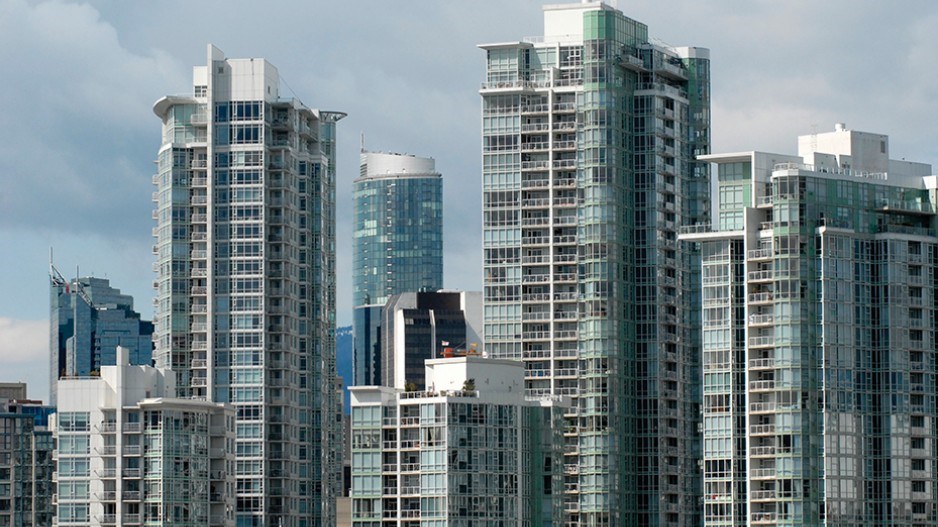“Our housing market and our economy are becoming increasingly intertwined,” said Ryan Berlin, senior economist with the intelligence division of the Rennie Group, best known for its condo marketing programs. “If you’re going to grow the economy and add jobs, you’re going to need to import that labour. And as people move in, they need to be housed.”
But with housing development continuing to lag behind demand, not to mention population growth, Metro Vancouver’s economy is, poised to feel the pinch in 2018.
“There’s a whole bunch of reasons Amazon HQ2 won’t end up here, but one of the main reasons is how in the world are we going to find 50,000 people to work in the jobs that they’re looking to add – and where will they live?” Berlin asked.
He’s not alone in wondering.
Metro Vancouver has hitched its wagon to the technology workhorse, but speaking at the Vancouver Real Estate Strategy and Leasing Conference this past November, Colliers International senior vice-president Scott Chandler said residential real estate is the linchpin holding everything together.
“If all these big boys are coming here, how are they going to house all their employees?” he asked. “They want to try to be able to secure some of that housing ahead of time, and they’re not being able to find it.”
Don’t expect 2018 to bring relief, said Matthew Boukall, senior director, residential, with Altus Group Data Solutions Inc.
“Virtually all of the inventory that’s under construction and being delivered is pre-sold,” Boukall said. “There is no excess housing supply to meet the demand. Population growth is being kept in check by the housing supply.”
Canada Mortgage and Housing Corp. expects 2018 to deliver no more than 23,125 housing starts in Metro Vancouver and 37,500 for B.C. Both estimates are down about 8% from 2017.
Purpose-built rental starts, meanwhile, are slowly rising as developers take advantage of incentives to meet demand. David and Mark Goodman at HQ Real Estate Services Ltd. report that 1,861 new market rental units completed in 2017 and an additional 4,558 units will complete between 2018 and 2020.
Yet the new supply won’t alleviate affordability concerns, given rising land and development costs. Both are conspiring to drive the cost of new units past $3,000 a square foot in downtown Vancouver and $750 a square foot in Surrey, according to market research firm Urban Analytics Inc.
The situation is critical but not unique to Vancouver, said Urban Land Institute CEO Patrick Phillips at a recent meeting of planners, brokers, developers and investors convened to discuss emerging trends in real estate.
“This is a challenge that, really, is seen throughout North America and … in many other cities around the world as well,” he said.
Metro Vancouver wage growth has lagged behind house price increases, pushing homebuyers farther from the region’s core. The trend will continue to influence markets in 2018, not to mention the makeup of communities and local politics – most immediately the 2018 civic elections.
“They can’t necessarily afford what they grew up in so expectations are changing dramatically,” said Ryan Lalonde, a partner in project marketing firm MLA Canada. Those changing expectations are causing those buyers to seek new communities to live in, and prompting developers to respond with different kinds of housing, he said.
The British Columbia Real Estate Association expects sales to drop 10.4% to 51,700 in Greater Vancouver and the Fraser Valley in 2018, consistent with the B.C. average.
“We look at the tightening of the mortgage lending rules and the general ratcheting up of interest rates; there are enough forces in place that are looking to put a cap on the influence of real estate in our economy,” Berlin said. “[But] the role of housing as a facilitator of growth – that’s going to be as important tomorrow as it is today.”


.png;w=120;h=80;mode=crop)

